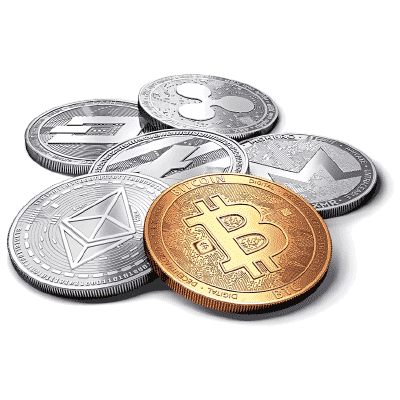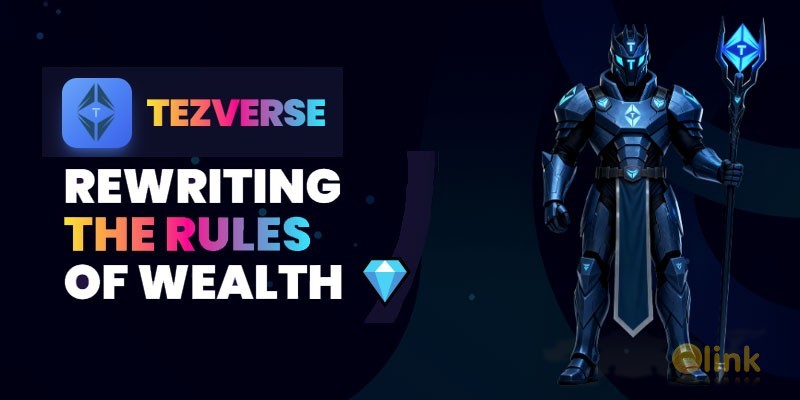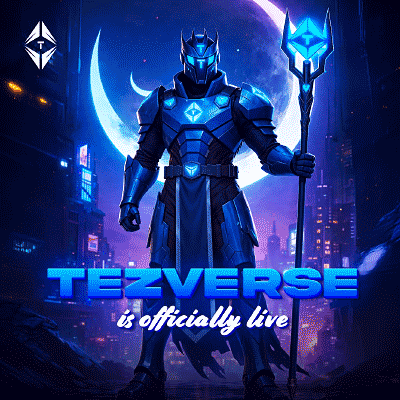List of Cryptocurrencies: The Ultimate Guide
| Benjamin Grey

Introduction
Cryptocurrencies are digital or virtual assets that utilize cryptography to secure their transactions and control the creation of new units. Since the creation of Bitcoin, the first and most popular cryptocurrency, hundreds of other cryptocurrencies have emerged. In this article, we will provide a comprehensive guide to the most popular cryptocurrencies, their features, and their potential benefits.
Here is a list of cryptocurrencies:
Bitcoin (BTC)
Bitcoin is the first and most popular cryptocurrency, created in 2009 by an unknown individual or group using the pseudonym Satoshi Nakamoto. Bitcoin operates on a decentralized network that allows users to transfer funds directly to each other without the need for intermediaries such as banks or financial institutions. Bitcoin's price has been highly volatile, with significant fluctuations due to market demand and regulatory changes.
Ethereum (ETH)
Ethereum is the second-largest cryptocurrency by market capitalization after Bitcoin. It was created in 2015 by Vitalik Buterin, a Canadian-Russian programmer. Ethereum operates on a decentralized platform that enables developers to build and deploy decentralized applications (dApps). Ethereum's native cryptocurrency is Ether, which is used to pay for transaction fees and computational services on the network.
Ripple (XRP)
Ripple is a real-time gross settlement system, currency exchange, and remittance network created by Ripple Labs Inc. Ripple's native cryptocurrency is XRP, which can be used for cross-border payments and remittances. Ripple aims to provide faster and cheaper international transactions than traditional banking systems.
Bitcoin Cash (BCH)
Bitcoin Cash is a fork of Bitcoin that was created in 2017 to address some of the scalability issues of the original Bitcoin network. Bitcoin Cash increases the block size limit from 1 MB to 8 MB, allowing for more transactions to be processed per block. Bitcoin Cash aims to be a faster and cheaper alternative to Bitcoin for everyday transactions.
Litecoin (LTC)
Litecoin is a cryptocurrency that was created in 2011 by Charlie Lee, a former Google engineer. Litecoin is a fork of Bitcoin that uses a different hashing algorithm and has a faster block time. Litecoin aims to be a cheaper and faster alternative to Bitcoin for everyday transactions.
Cardano (ADA)
Cardano is a third-generation blockchain platform that was created in 2017 by Input Output Hong Kong (IOHK). Cardano aims to provide a more secure and scalable platform for decentralized applications and smart contracts. Cardano's native cryptocurrency is ADA, which is used for transaction fees and staking.
Polkadot (DOT)
Polkadot is a next-generation blockchain platform that was created in 2020 by the Web3 Foundation. Polkadot aims to provide a more interoperable and scalable platform for decentralized applications and blockchain networks. Polkadot's native cryptocurrency is DOT, which is used for governance and transaction fees.
Binance Coin (BNB)
Binance Coin is the native cryptocurrency of Binance, one of the largest cryptocurrency exchanges in the world. Binance Coin is used to pay for transaction fees on the Binance exchange and can also be used for discounted trading fees. Binance Coin has seen significant growth due to the popularity of the Binance exchange.
Chainlink (LINK)
Chainlink is a decentralized oracle network that connects smart contracts to real-world data. Chainlink's native cryptocurrency is LINK, which is used to pay for oracle services on the network. Chainlink aims to provide more reliable and accurate data for decentralized applications and smartcontracts, enabling them to interact with external data sources.
Dogecoin (DOGE)
Dogecoin is a cryptocurrency that was created in 2013 by Billy Markus and Jackson Palmer as a fun alternative to Bitcoin. Dogecoin features the likeness of the Shiba Inu dog from the "Doge" internet meme as its logo. Dogecoin has gained a significant following due to its strong community and social media presence.
Stellar (XLM)
Stellar is a decentralized platform for digital currency payments and remittances that was created in 2014 by Jed McCaleb, the co-founder of Ripple. Stellar's native cryptocurrency is Lumens (XLM), which is used for transaction fees and cross-border payments. Stellar aims to provide fast and low-cost transactions for individuals and businesses in developing countries.
Tether (USDT)
Tether is a cryptocurrency that is pegged to the US dollar at a 1:1 ratio. Tether is used as a stablecoin, providing a hedge against market volatility. Tether's supply is backed by reserves of fiat currency, making it one of the most stable cryptocurrencies available.
Uniswap (UNI)
Uniswap is a decentralized exchange that operates on the Ethereum network. Uniswap enables users to trade ERC-20 tokens without the need for an order book or intermediary. Uniswap's native cryptocurrency is UNI, which is used for governance and liquidity provision.
ChainX (PCX)
ChainX is a cross-chain decentralized finance (DeFi) platform that connects multiple blockchain networks. ChainX's native cryptocurrency is PCX, which is used for staking, governance, and transaction fees. ChainX aims to provide a more accessible and interoperable platform for decentralized finance applications.
Conclusion
Cryptocurrencies have revolutionized the way we think about money and finance. From the first and most popular cryptocurrency, Bitcoin, to new and innovative platforms such as ChainX and Uniswap, the cryptocurrency market is constantly evolving. Each cryptocurrency offers unique features and potential benefits, making them attractive to different individuals and businesses. It is important to do your own research and understand the risks before investing in any cryptocurrency.
Frequently asked questions (FAQs):
- Bitcoin Cash is a fork of Bitcoin that aims to be a faster and cheaper alternative for everyday transactions.
- A stablecoin is a cryptocurrency that is pegged to a stable asset, such as fiat currency, to provide a hedge against market volatility.
- A decentralized exchange is a platform for trading cryptocurrencies that operates without intermediaries or order books.
- A blockchain platform is a decentralized network that enables the creation and deployment of decentralized applications and smart contracts.
- You can invest in cryptocurrencies through cryptocurrency exchanges, investment funds, or by purchasing them directly from individuals. It is important to do your own research and understand the risks before investing.
References:
- Cryptocurrencies: A Brief Thematic Review. Economics of Networks Journal. Social Science Research Network (SSRN).
- S. Tyagi, Shaveta Bhatia (2021) Blockchain for Business, John Wiley, p352
- "Primecoin integration/staging tree". April 6, 2022
- "Crypto Startup Raises $28 Million To Combine Public And Private Blockchains For Enterprises". Forbes.
- Reynard, Cherry (May 25, 2018). "What are the top 10 cryptocurrencies?".





